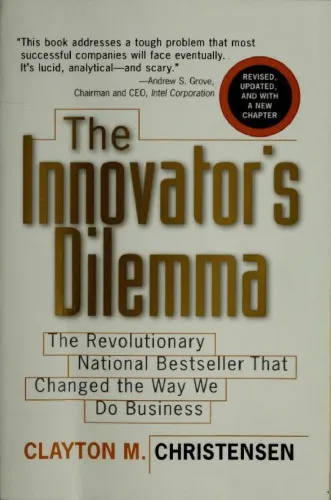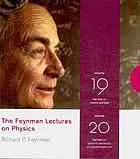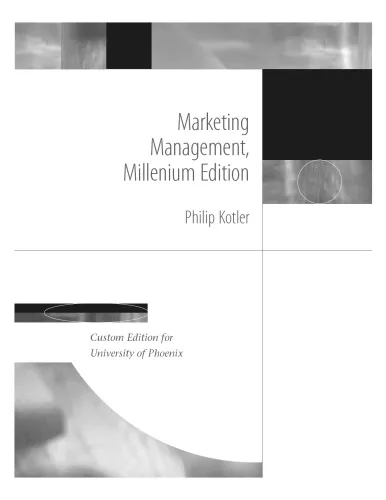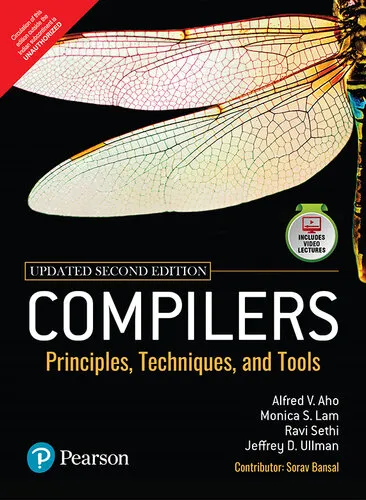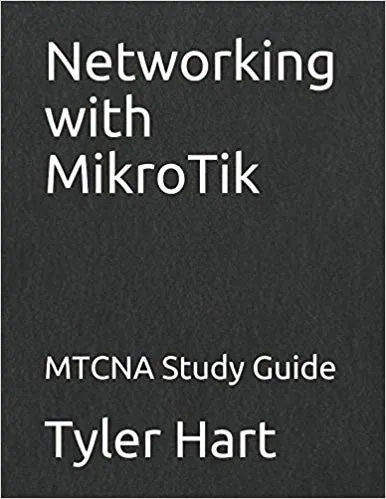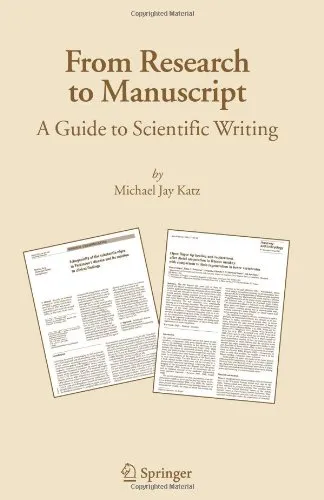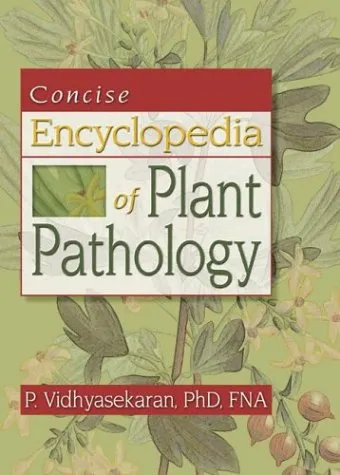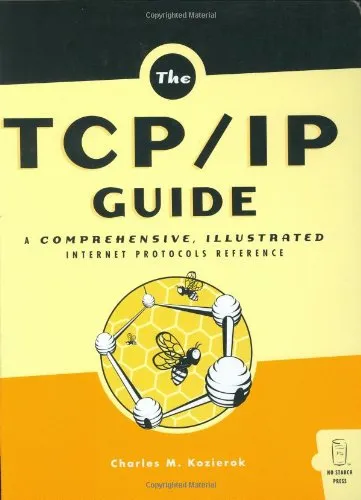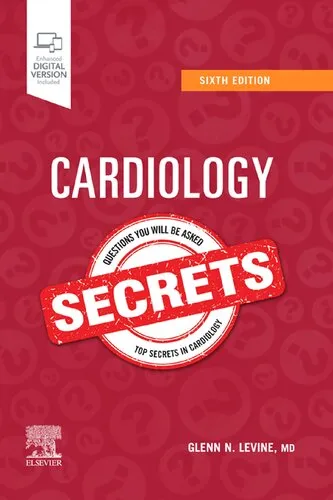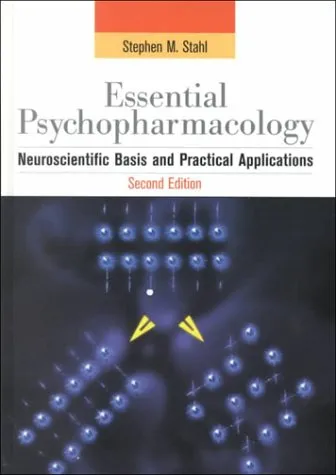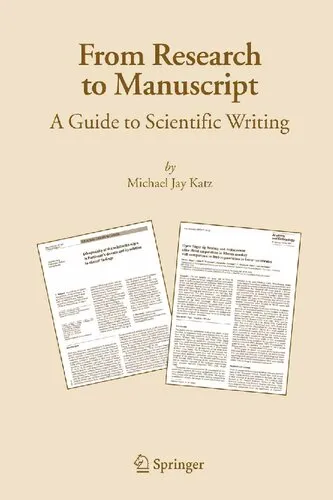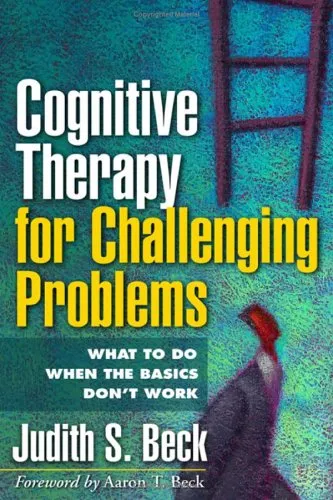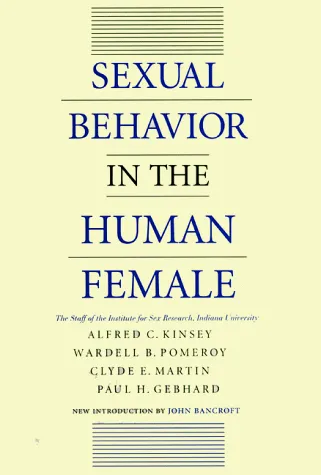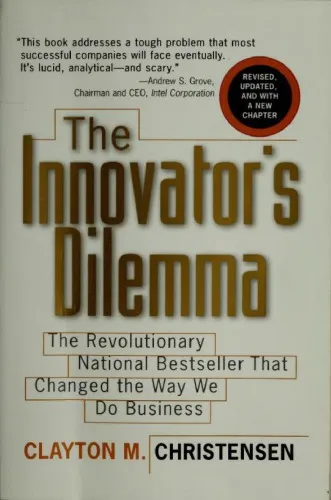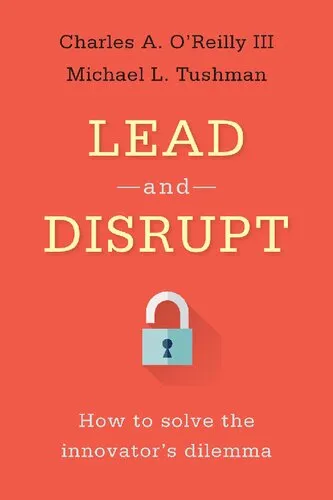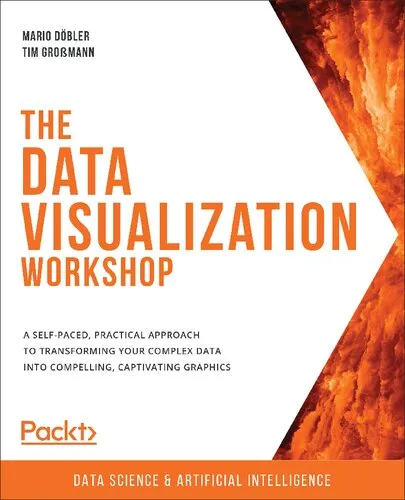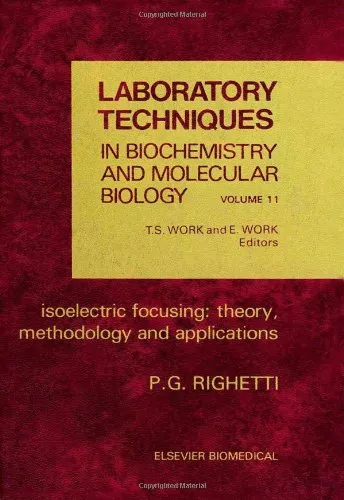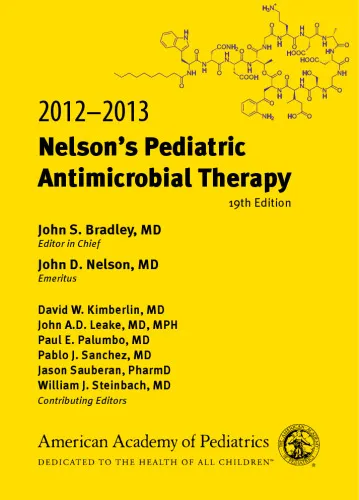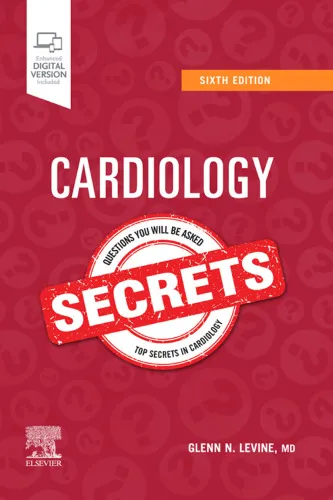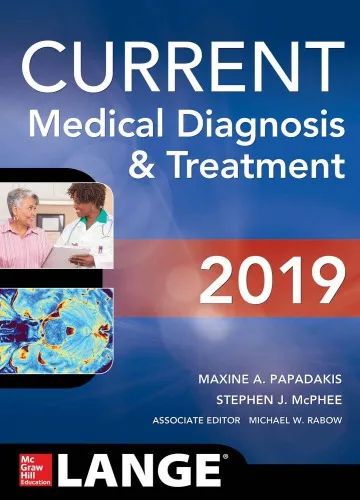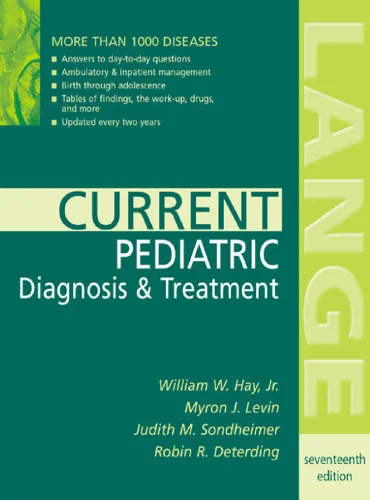Nature Medicine
4.3
Reviews from our users

You Can Ask your questions from this book's AI after Login
Each download or ask from book AI costs 2 points. To earn more free points, please visit the Points Guide Page and complete some valuable actions.Related Refrences:
The publication titled "Nature Medicine pp. 256—262" represents an important contribution to medical science, authored by Matano Mami, Date Shoichi, Shimokawa Mariko, Takano Ai, Fujii Masayuki, Ohta Yuki, Watanabe Toshiaki, Kanai Takanori, and Sato Toshiro. This book segment, published within the prestigious journal Nature Medicine, provides groundbreaking insights into advanced biomedical research. Delivered through precise experiments, robust data analysis, and innovative clinical perspectives, it stands as a crucial reference point for scientists, medical practitioners, and students in the fields of regenerative medicine, gastroenterology, and molecular biology.
Detailed Summary of the Book
The section spanning pages 256 to 262 explores novel medical methodologies and patient-centered therapeutic strategies. Central to this work is the utilization of intestinal organoids generated from patient-specific stem cells, offering a new frontier in disease modeling and treatment personalization. The authors combine advanced cellular engineering techniques with clinical diagnostics to bridge the gap between benchside research and bedside application. Through a comprehensive examination of regenerative models, the publication details how laboratory-grown organoids can mimic real patient tissue, allowing for precision testing of drugs and identifying individualized therapy options.
Beyond the core scientific innovations, the text analyzes the implications of these findings within the larger healthcare ecosystem. This includes addressing the scalability of organoid technology, assessing safety regulations for clinical applications, and evaluating ethical considerations for personalized medicine. The inclusion of multidisciplinary expertise—from molecular biologists to clinical practitioners—ensures that the work offers a complete perspective that is both scientifically rigorous and practically relevant.
Key Takeaways
The publication delivers several major takeaways for the reader:
- Organoid technology enables tailored patient treatment, increasing therapeutic efficacy and minimizing unwanted side effects.
- Integration of stem cell biology with clinical medicine can revolutionize disease modeling and accelerate drug development pipelines.
- Collaborative research between laboratory scientists and clinicians is crucial for translating experimental findings into real-world medical applications.
- Ethical frameworks must evolve alongside technological advances to ensure responsible medical innovation.
- Future medicine will likely rely heavily on models that replicate human biology with high precision.
Famous Quotes from the Book
While primarily a scientific work, certain statements resonate beyond the technical content, reflecting the visionary outlook of the authors:
"Organoids are not just laboratory models—they are personalized windows into human biology."
"Bridging the gap between regenerative science and clinical medicine is not an option; it is a necessity for the future of healthcare."
"Medical innovation must be pursued with scientific rigor and ethical responsibility in equal measure."
Why This Book Matters
This segment of Nature Medicine matters because it captures a pivotal moment in modern medical science. By successfully demonstrating how patient-derived organoids can be used for disease modeling and therapy customization, the authors provide a practical blueprint for the future of precision medicine.
In an era where generic treatments often fail to account for the complexity of individual patients, this research offers hope for highly targeted interventions that can dramatically improve outcomes while reducing the risks associated with conventional approaches. The rigorous methodologies detailed in the book ensure that other researchers can replicate and build upon its findings, amplifying its impact across the global medical community.
Furthermore, the ethical considerations discussed emphasize that progress must be matched with responsibility. The potential applications—from personalized oncology treatments to the modeling of rare genetic disorders—demonstrate how far-reaching the implications are. This work does not simply add to the body of literature; it challenges existing paradigms and inspires new directions in medical research.
For scientists, clinicians, and policymakers, the publication serves as a beacon of what integrated research can achieve. It addresses not only the "how" of regenerative technology but also the "why," encouraging a more personalized, ethical, and effective healthcare future. As such, it is a landmark in academic and clinical discourse, worthy of profound attention and ongoing study.
Free Direct Download
You Can Download this book after Login
Accessing books through legal platforms and public libraries not only supports the rights of authors and publishers but also contributes to the sustainability of reading culture. Before downloading, please take a moment to consider these options.
Find this book on other platforms:
WorldCat helps you find books in libraries worldwide.
See ratings, reviews, and discussions on Goodreads.
Find and buy rare or used books on AbeBooks.
1282
بازدید4.3
امتیاز0
نظر98%
رضایتReviews:
4.3
Based on 0 users review
Questions & Answers
Ask questions about this book or help others by answering
No questions yet. Be the first to ask!


